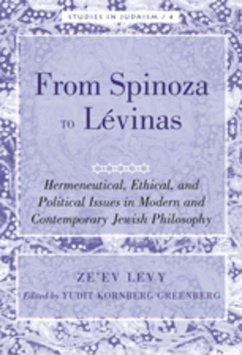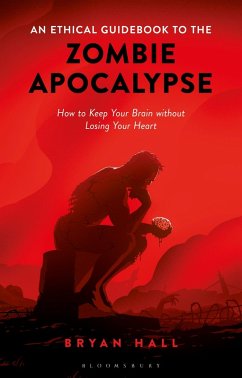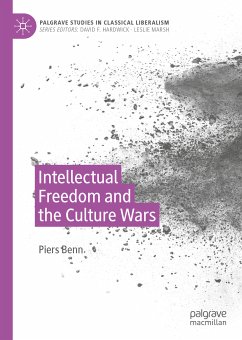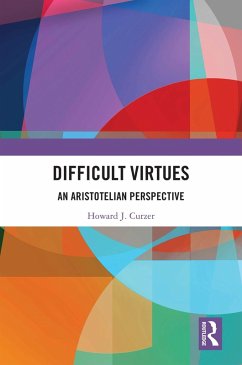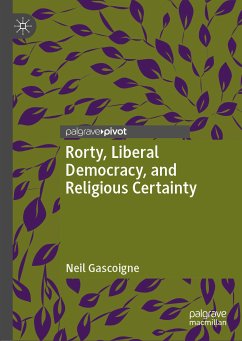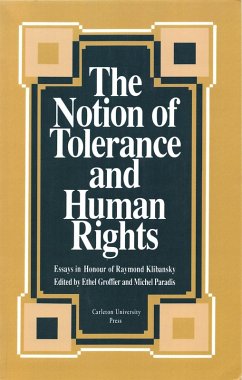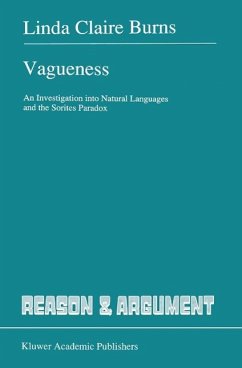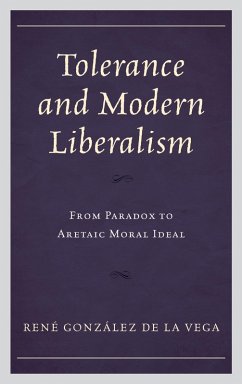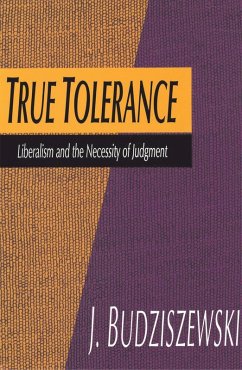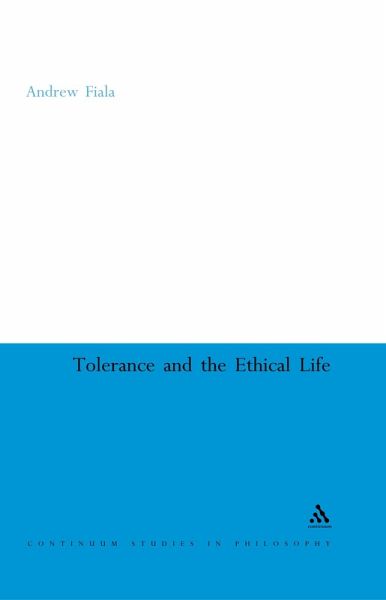
Tolerance and the Ethical Life (eBook, PDF)

PAYBACK Punkte
8 °P sammeln!
In a fresh and exciting way, this new book shows how tolerance connects with the practice of philosophy. Andrew Fiala examines the virtue of tolerance as it appears in several historical contexts: Socratic philosophy, Stoic philosophy, Pragmatism, and Existentialism. The lesson derived is that tolerance is a virtue for what Fiala calls 'tragic communities'. Such communities are developed when we come together across our differences, but they lack the robust sense of connection that we often seek with others - the complete sort of happiness that is offered by a more utopian ideal of community. ...
In a fresh and exciting way, this new book shows how tolerance connects with the practice of philosophy. Andrew Fiala examines the virtue of tolerance as it appears in several historical contexts: Socratic philosophy, Stoic philosophy, Pragmatism, and Existentialism. The lesson derived is that tolerance is a virtue for what Fiala calls 'tragic communities'. Such communities are developed when we come together across our differences, but they lack the robust sense of connection that we often seek with others - the complete sort of happiness that is offered by a more utopian ideal of community. But rather than viewing this conclusion as a failure, Fiala maintains that tragic communities are the best communities possible for human beings who are aware of their own individuality and finitude. Indeed, they are typical of the sorts of communities created by philosophers engaged in dialogue with others.
Tolerance and the Ethical Life will strongly appeal to specialists and upper-level students in Ethics and Political Philosophy, both for its unique historical exploration of tolerance and its application of those results to present-day moral theory.
Tolerance and the Ethical Life will strongly appeal to specialists and upper-level students in Ethics and Political Philosophy, both for its unique historical exploration of tolerance and its application of those results to present-day moral theory.




